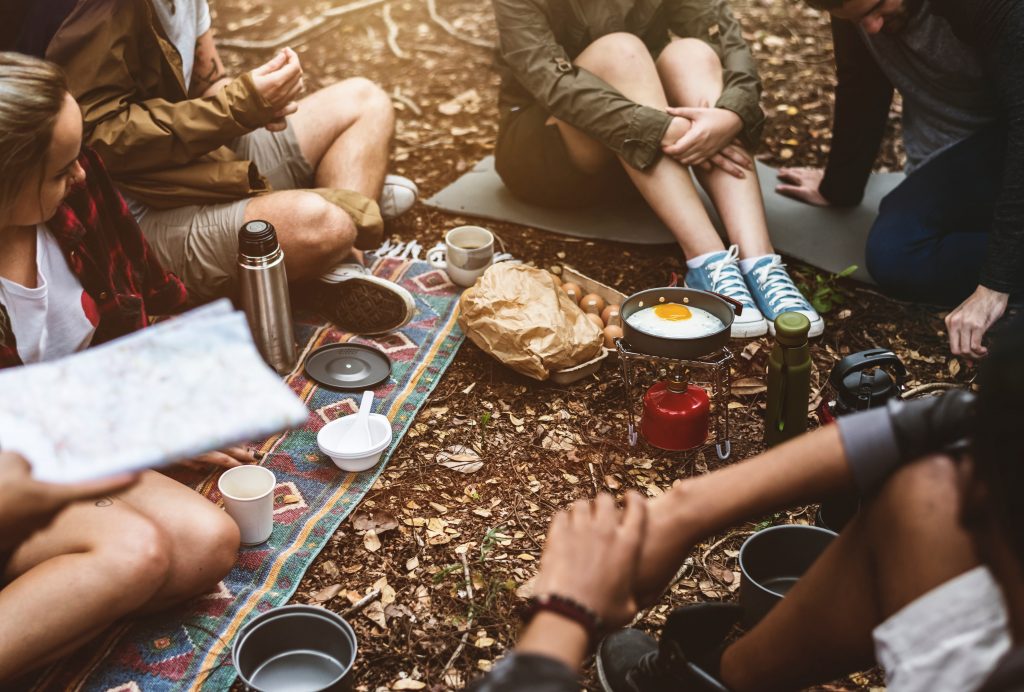One of the greatest gifts you can bestow upon your children is getting them off the couch and into the woods. The average American child spends nearly 4 hours a day in front of a TV, computer, tablet, or smartphone screen according to research findings reported in the Lancet Child & Adolescent Health. Such an excess of screen time has been linked to a severe decline in cognitive skills among adolescents, making it increasingly important for us as parents to get our children out into nature and teach them basic survival skills. Not only will spending time in nature boost both their physical and mental wellbeing, but the acquisition of important skills can also prepare even the most skittish of children to handle an emergency situation calmly.
Important survival skills to teach children
Children who spend time outdoors tend to grow up into well-balanced, happier individuals. According to the team at Riverwoodcabins.com, spending time in nature allows you to create tangible memories that far exceed the instant gratification of sharing photos on social media. In order for children to reap the full benefits of spending time in nature though, they need to become confident in their own abilities.There are a number of skills that a child can be taught that will boost his confidence and possibly even save his life one day. Of these, finding shelter and foraging for food is undoubtedly two of the most important.
Finding shelter
One of the most important survival skills to teach a child is to protect himself against the elements as well as any immediate dangers in the area. The next time you go camping, teach your children the basics of finding shelter when out in the wilderness. Explain the necessity of not waiting till it is dark to find a place to sleep for the night and show them how to fashion a simple bed out of grass or leaves to keep them off the hard, cold ground. It will also serve them very well to be shown how to find temporary shelter in caves, hollowed-out tree stumps, and by using any canvases or sheets they may have with them.
Foraging for food
Foraging for our daily food was once a way of life and remains a very valuable skill to have. It is very important for children to learn from a young age what can and what can’t be eaten when out in the wilderness. There is such a vast variety of delicious wild foods in the USA that even some of the most sought-after restaurants are starting to offer foraged foods on their menus. Showing your children how to distinguish between edible and poisonous plants will not only get them interested in nature but may even establish an interest in gardening or cooking in them. Foraging is such a fun past-time that it can easily become an enjoyable and educational activity the whole family can partake.
Balance is of great importance in a child’s life. While exposure to electronic screens in moderation is not completely detrimental, the benefits of teaching a child basic survival skills will undoubtedly serve him very well throughout his life.
